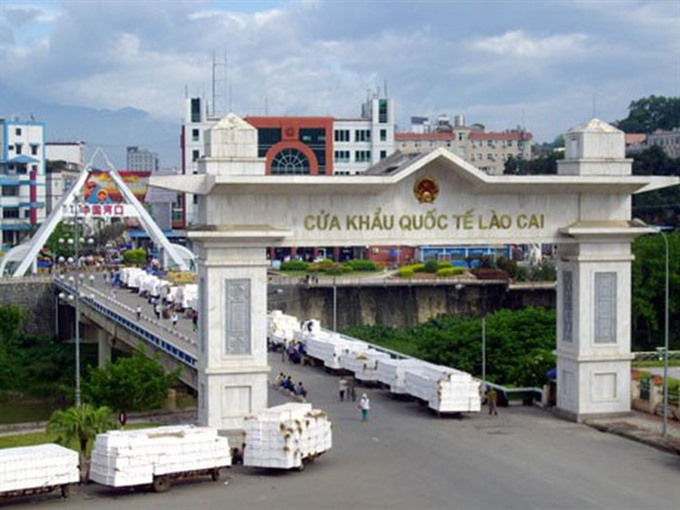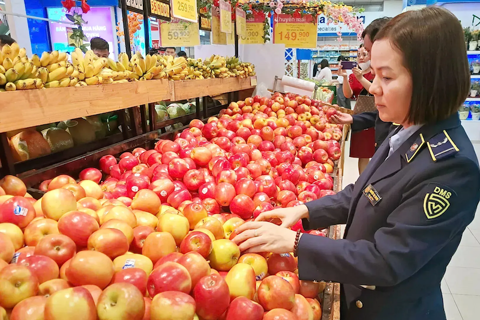Vietnam exporters urged to look for alternative markets amid China’s nCov outbreak
The epidemic has not left major impacts on bilateral trade relations, said the Ministry of Industry and Trade.
Vietnamese enterprises, particularly agriculture-related businesses, should look for alternative markets beyond China or find other delivery methods, as some border gates between the two countries have been closed due to the spread of a new coronavirus, according to the Ministry of Industry and Trade (MoIT).
| Illustrative photo. |
Enterprises are urged to closely update on the situation and maintain communication channels with their Chinese partners to prepare for any changes that could occur amid the outbreak of the 2019 nCoV in China, stated the MoIT in a statement.
The border gate between Vietnam and China on the Chinese side in Pingxiang is expected to remain closed until February 8, 2020, except for the Huu Nghi Quan border gate in Lang Son province that would reopen on February 3, as part of measures to avoid the spread of the disease.
The MoIT said if the outbreak continues, transportation and travel between Vietnam and China would be restrained, affecting trade flow via border gates.
The MoIT, nevertheless, said the epidemic has not exerted major impacts on bilateral trade relations. However, consumption demand of agricultural products in China has slowed due to the complicated nature of the epidemic outbreak.
Moreover, strict measures in China since the outbreak are causing difficulties for transportation of goods among its provinces and cities, said the MoIT.
China is currently one of major export markets for Vietnamese fisheries and agricultural products. The main farm export items to China include vegetables, cashew, coffee, rice, cassava products, rubber and aquatic products.
Bilateral trade between Vietnam and China reached nearly US$117 billion in 2019, up 9.6% year-on-year, according to the General Department of Vietnam Customs.
Cases of infection with the nCov, or Wuhan virus, have increased to at least 9,000 and reported in 20 countries and territories, including Vietnam, Thailand, South Korea, Japan, Hong Kong, the US, Malaysia, among others.
Recently, the World Health Organization (WHO) has declared the outbreak as a global health emergency, citing the potential spread to countries that are not prepared to deal with the issue as reason.
Such declaration has only been use five times before. A global emergency was declared for two Ebola outbreaks: one that started in 2013 in West Africa and another that has been ongoing in Congo since 2018. Other emergency alerts were used for the 2016 Zika epidemic, for polio emerging in war zones in 2014, and for the swine-flu pandemic in 2009.













